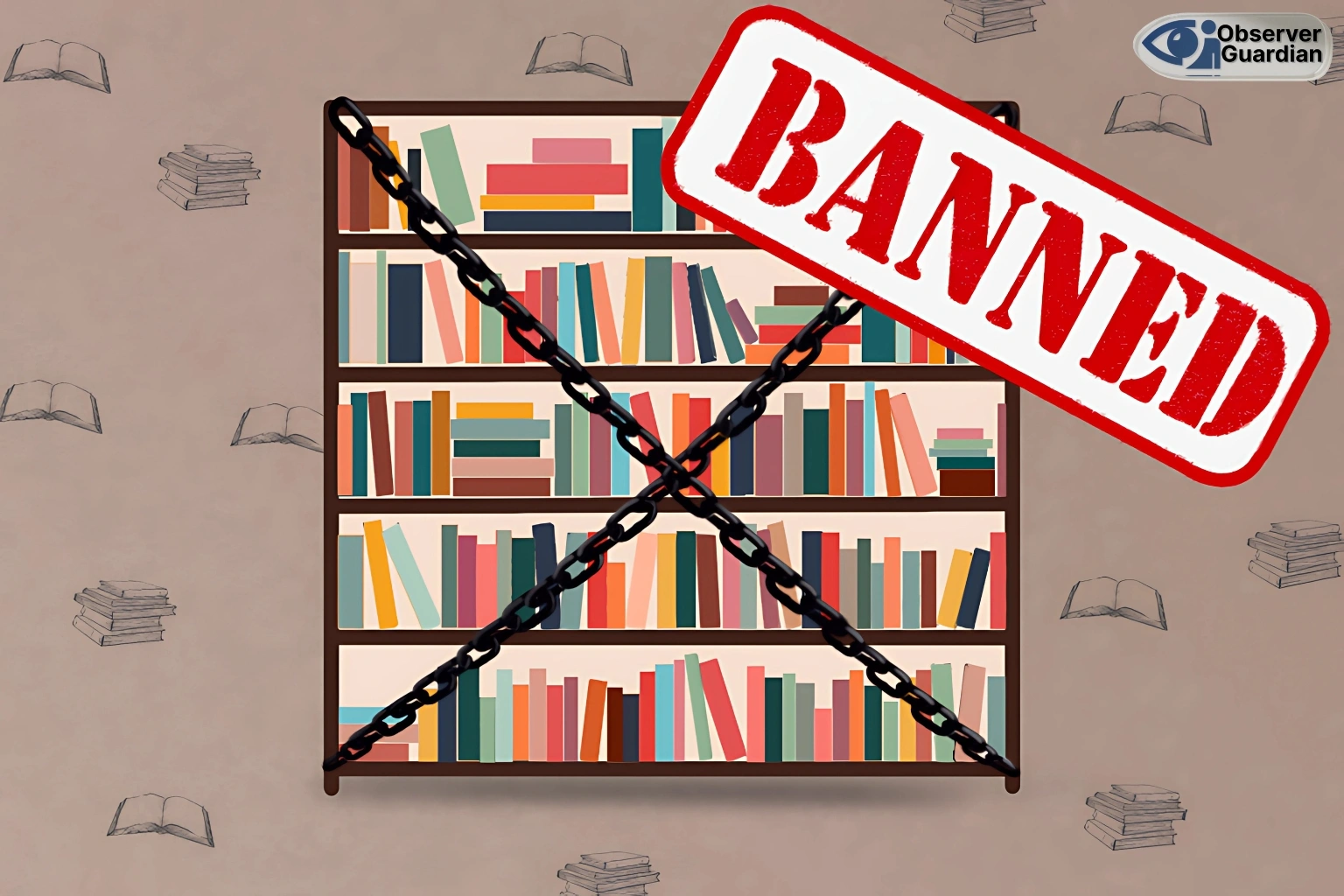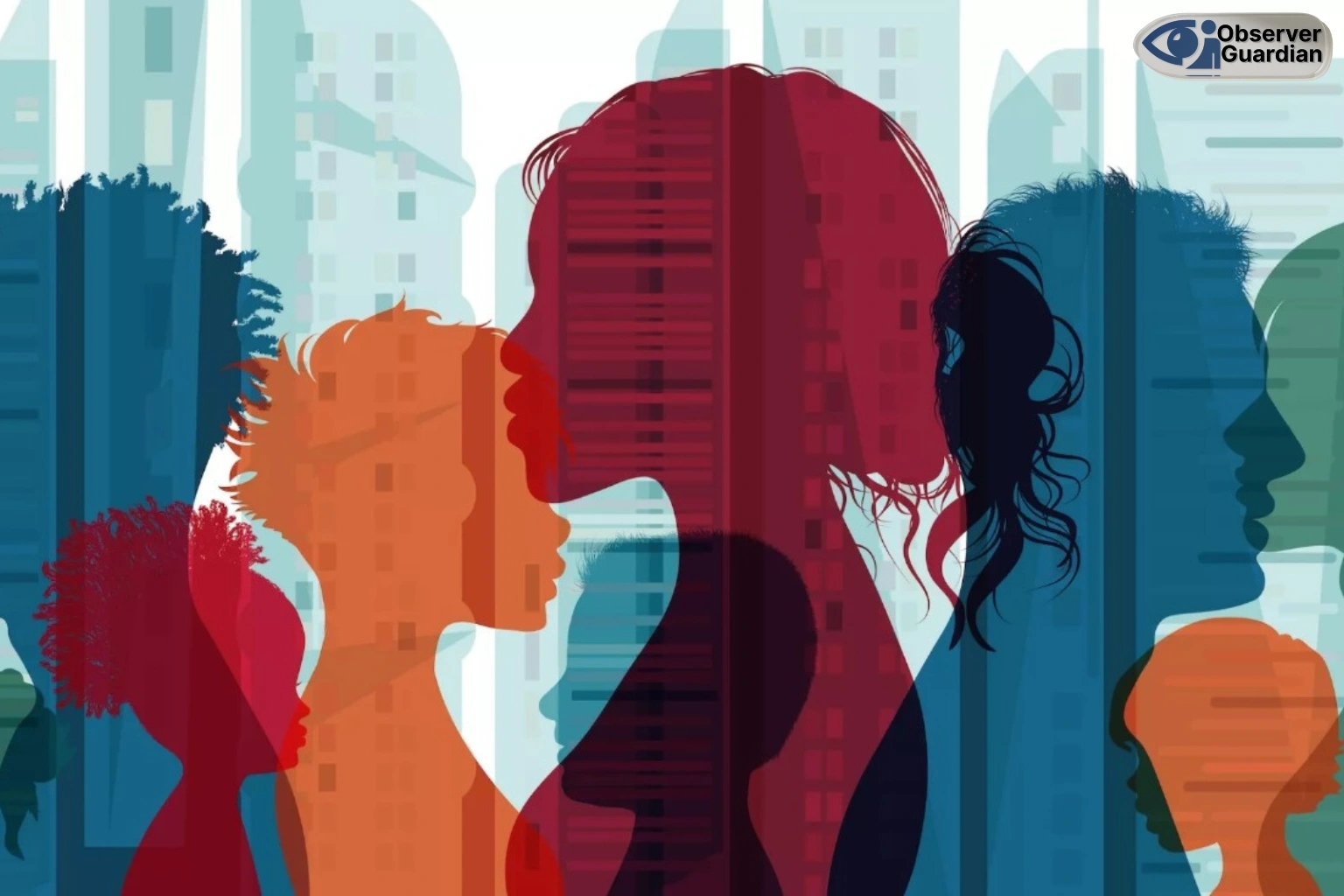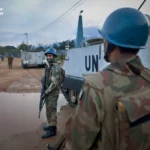The recent scandals related to the mass book banning by the Florida schools and the deployment of the West Virginia National Guard troops to Washington D.C. reflect a lot upon the contemporary American governance. Although these two cases appear to have nothing to do with each other, they suddenly point out to an unpleasant tendency when a political overreach is being taken to control the cultural component, implement a certain idea and control popular discourse. Central to these moves is a larger conflict between individual liberty and state control in which education, civic life and even martial presence have come to be recruited into conflict. These episodes not only reveal local decisions but a whiff of national anxieties that are chipping away at confidence in democratic institutes.
Building Book Bans in Florida
The fight over culture has increasingly turned into Florida schools where the state officials are taking the fight on the book banning under the protection of children. The authorities claim that they are done to protect kids against indecent or polarizing content, whereas their opponents view them as an act of wiping out history, muzzling minority representation and otherwise stifling thinking that is anti-politically incorrect. These bans have been extensive to the point of causing panic amongst educators and parents.
It is argued that excluding books contributes to a lack of critical thinking and threatens to deny the students the plurality of views that is crucial in a pluralistic society.
Florida will face the risk of bringing up generations who are more ignorant and ill-prepared for the challenges of the real world by addressing literature as a problem instead of a means of developing itself.
Threat of Censorship
The prohibition of books on face value represents a trivial local policy wrangle but at issue are far-reaching implications of such actions on democracy. Educational censorship undermines the intellectual background of the society due to the limited scope of what can be thought. It conveys the fact that divergent opinion and uncomfortable truth must be repressed rather than discussed.
Such practices do not only hurt students but also the larger culture as it eliminates the diversity of thought that can bring progress.
It is a frightening precedence in a country governed by the mantra of free expression, where the political elite make the decision about what people can know or be unaware of. When not addressed, these prohibitions will make censorship the order of the day and thereby a valid instrument of power.
Priority Choices in West Virginia and Militarization of Politics
At the same time, the fact that West Virginia chooses to place the troops of the National Guard at Washington D.C. evokes suspicion as to the politicization of security with involvement of the army as resources reserved as an instrument of symbolic representation. Leaders of the states purport that deployments assist federal officials in managing order, but critics purport it is rather an expression of loyalty to a political narrative than a response to any actual security requirement. Politicizing soldiers by providing them as political props compromises the neutrality that the National Guard was meant to be. It threatens to dissolve the boundary between civilian rule and the role of the military in political wrangles which will destabilize democratic rule. The Guard is no longer used to protect against foreign adversaries but is becoming increasingly involved in inner ideological warfare.
The Evidence of National Polarization
Collectively these provide a clear picture of how cultural and political disputes can no longer be isolated to the confines of legislatures or courtrooms but are bursting into classrooms and even into the symbolic deployment of troops in the nation’s capital. It emerged as a combination of the censoring of education and militarization in the rule of government that would lead to a more polarizing nature of American rule. Politics is being viewed not as a competition between ideologies but as a struggle of power. All these episodes capture an environment of few compromises, widespread mistrust, and whereby all policy choices turn into a tool in the larger changes on cultural and political power.
The Human Cost
Not only in politics but these games leave ordinary people as the main casualties. The students of Florida do not have the opportunity to read the books which can expand their knowledge and help them use their imagination. Teachers and parents are compelled to battle it out over a curriculum as opposed to concentrating on learning. Equally, West Virginia National Guard soldiers are enticed by politically charged deployments that can hardly be related to the initial purpose of keeping people safe. These people find themselves being used as cannon fodder in political posturing instead of being given the respect due a citizen with rights and duty.
An Appeal to Moderation and Balance
What is needed immediately is a balancing of freedom and government. It is important that leaders should understand that a hunt of cultural dominance by means of censorship or figurative militarization is not only undemocratic but also repugnant to the fiber of the nation. The fact that children need to be sheltered cannot imply that ideas need protection, and their security cannot imply the politicization of military forces. Ever since, the power of America has been anchored in open debate, thought diversity and the acknowledgement of civilian institutions. Citizens should also insist on accountability and resist the policies that do not promote liberty but rather control, in order to conserve these values.
The Democratic Test
The movements in Florida and West Virginia do not exist in a vacuum and are not isolated actions but are generally representative of a wider battle over the soul of American democracy. Book burnings or the sending of troops to stage a political battle of wills these two actions show how the thin edge of political excess has been pushed to the limits. They provoke citizens to choose: either they are going to approve a future in which censorship and militarization are the norm, or they are going to do all they can to support the ideal of free expression, civilian power and an open society. The result of this battle will not only define the contours of contemporary arguments but also define the substance of American democracy well into the future.
Disclaimer: The views and opinions expressed in this article are exclusively those of the author and do not reflect the official stance, policies, or perspectives of the Platform.









